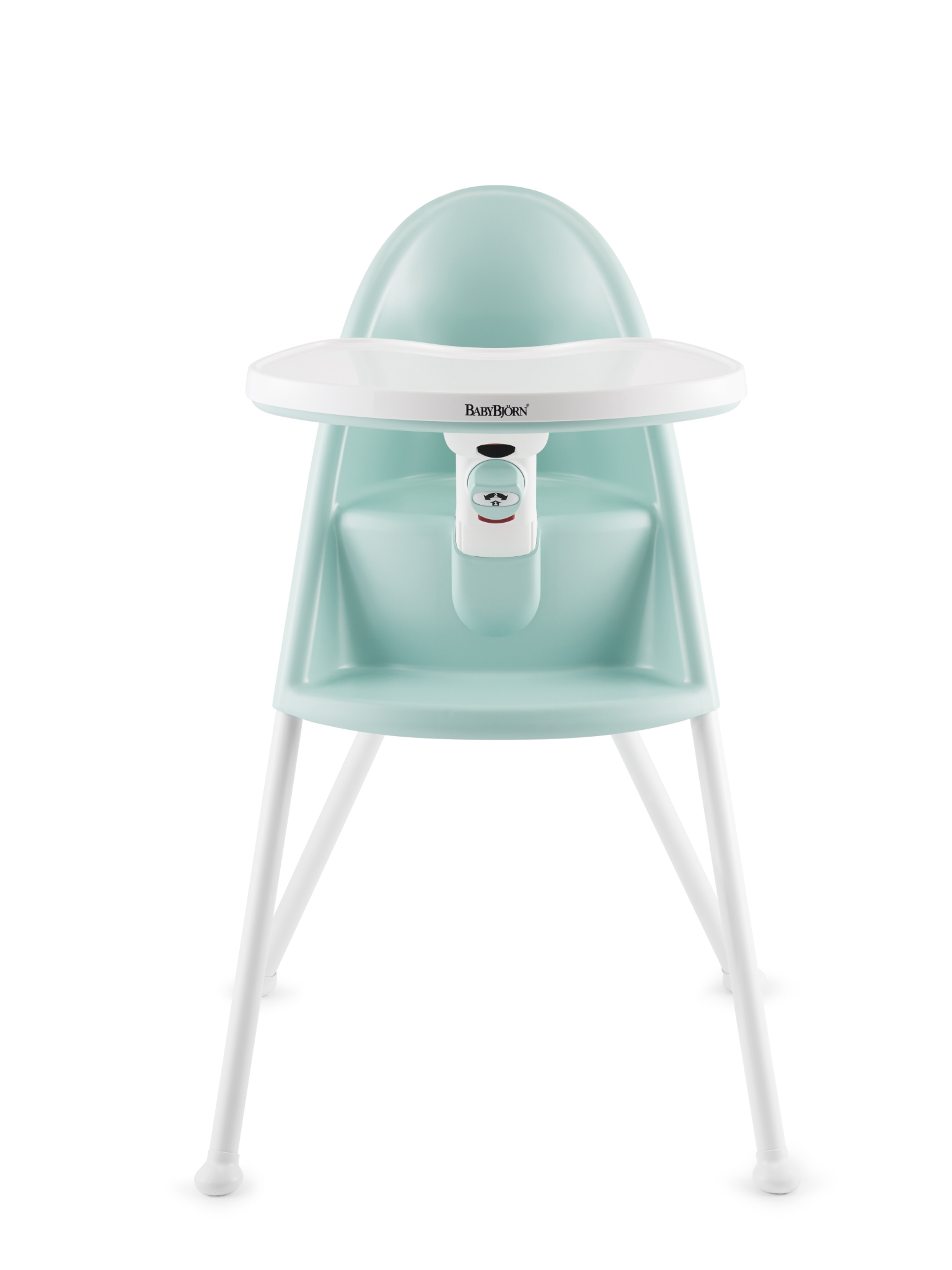Considering the end of a marriage or civil partnership can be one of the most emotionally overwhelming experiences in life. One of the first decisions many people face is whether to pursue a separation or a divorce, and understanding the difference between the two can help you take the next right step.
This guide breaks down the key differences – legal, financial, and practical – in clear, non-jargonistic terms, helping you take informed next steps with confidence.
Defining the Terms: What is Separation and What is Divorce?
Separation is when a couple decides to live apart, either informally or through a written agreement. It doesn’t legally dissolve a marriage or civil partnership, but it offers time apart to reflect and reassess the relationship. Some couples choose a trial separation, which is a temporary arrangement intended to provide space for working through challenges before making a final decision. Divorce, on the other hand, is a legal process that formally and permanently ends a marriage or civil partnership. Once completed, both people are legally single and free to remarry.
The Legal and Financial Implications
A major difference between separation and divorce lies in the legal and financial consequences.
When it comes to separation, even though you remain legally married, couples can draw up a separation agreement to outline financial arrangements, living situations, and parenting responsibilities. While not as final as a divorce settlement, it offers structure and can be legally binding if drafted correctly.
Divorce, on the other hand, formally ends the marriage, allowing both parties to move on independently. This process results in a final legal split, which includes key stages such as the Conditional Order and Final Order (formerly known as Decree Nisi and Decree Absolute). During this process, financial settlements are negotiated, often involving the division of assets, pensions, and property.
For those ready to take legal steps, getting tailored divorce and separation advice from family law professionals can ensure you’re fully informed and supported.
Impact on Children and Family Arrangements
Whether you choose separation or divorce, parents will be required to make thoughtful decisions regarding their children’s wellbeing. In both cases, you’ll need to agree on co-parenting arrangements, childcare responsibilities, and financial support. A separation agreement can include these details, but during a divorce, these decisions are made more formally and often through the courts if disputes arise.
In either situation, these decisions can be included in a formal agreement, but divorce tends to finalise them through legal orders. Regardless of the legal path you choose, putting your children’s emotional and practical needs first is essential.
Making the Right Choice for You
Choosing between separation and divorce is deeply personal. Some people opt for separation to allow space, for financial reasons, or due to religious beliefs. Others may feel ready for a clean legal break. Here’s a quick overview of what they entail:
Separation
- Still legally married
- Can be temporary
- May use a separation agreement
- May suit couples unsure or not ready for divorce
Divorce
- Legally ends the marriage
- Allows for financial settlement and remarriage
- Finalises legal responsibilities
Nb. Collaborative post.








Leave a Comment